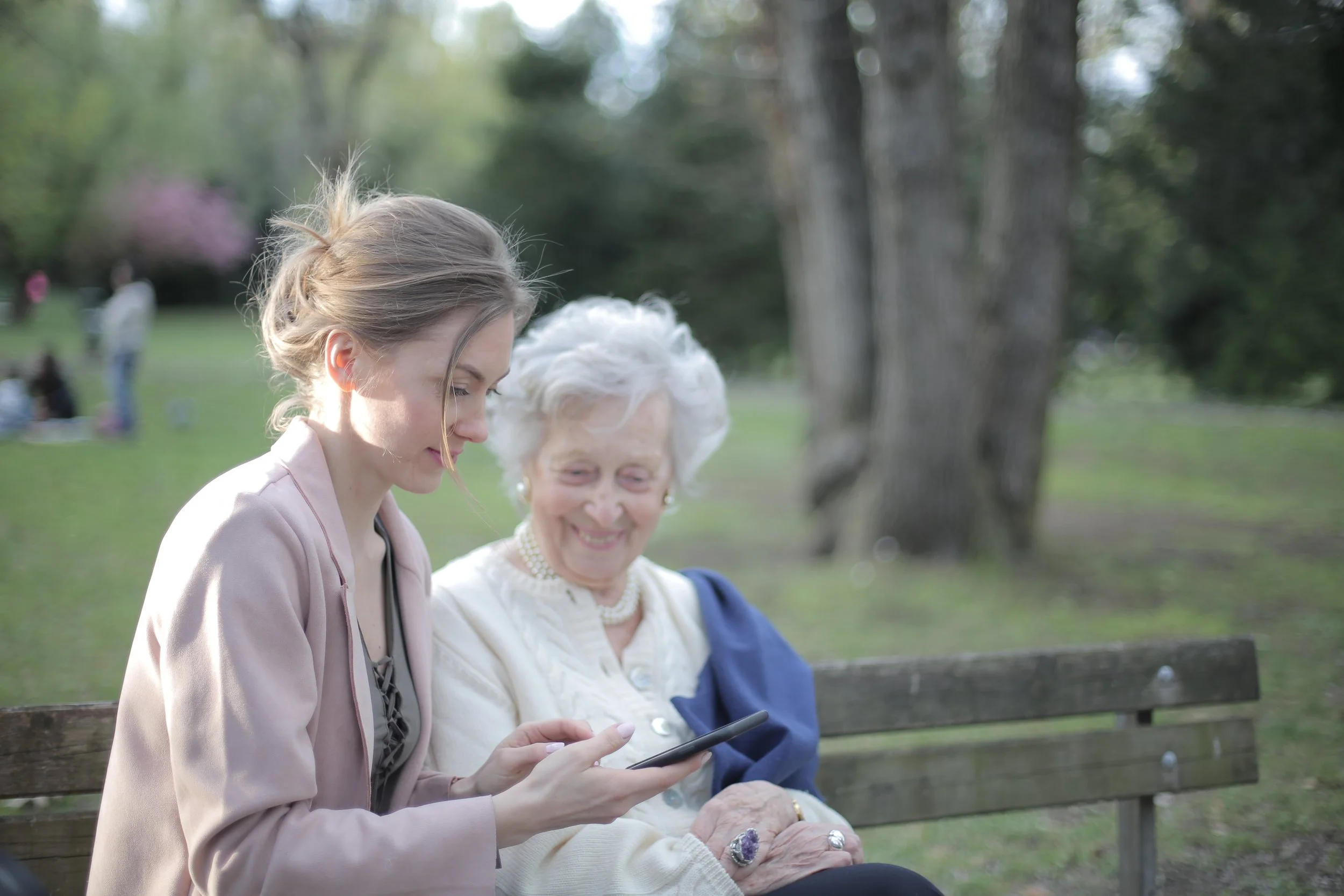When you think about those loved ones who’ve passed away, you probably don’t think very much — or even at all — about the “things” they’ve left you. And when they do leave something behind, what you likely cherish most about the object are the memories and feelings it evokes, not the thing itself.
For the founder and CEO of New Law Business Model, Alexis Katz, the most treasured memento her late father left her wasn’t even something he intended to be special — it was just a random voicemail on her cellphone. And the message wasn’t meant to be anything sentimental.
His message simply said, “Lex, it’s your dad. Call me back.”
Following his death, Alexis loved listening to that message to hear her father’s voice. Of all the assets he left behind, that voicemail was what she cherished most.
Until one day, she went to listen to the message and discovered it had been erased — and her father’s voice was lost to her forever. She still recalls that day as one of her worst ever, yet like most painful events, it taught her an important lesson.
Read More








